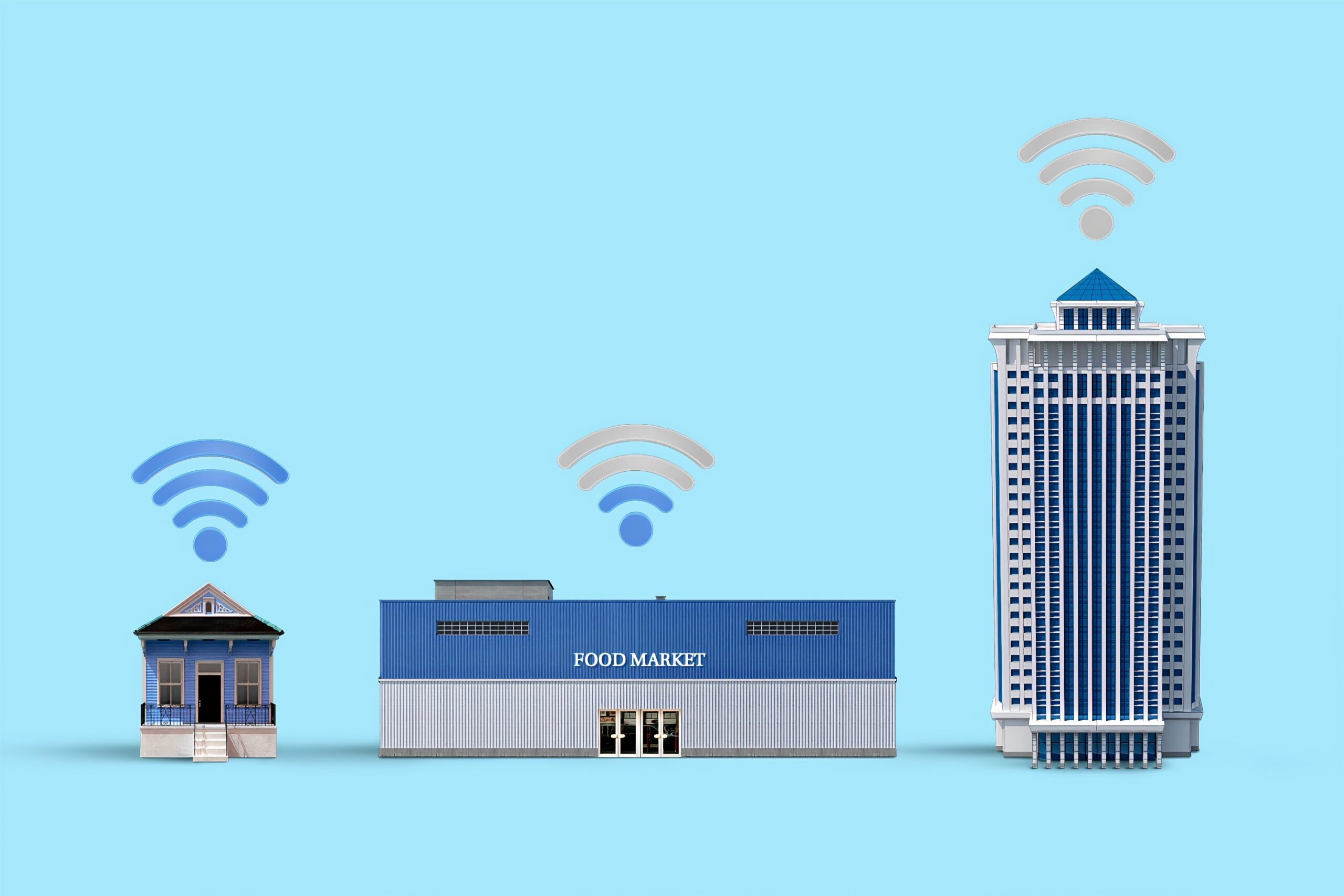The right to privacy is something enshrined in the public consciousness. The United Nations, along with almost every country on Earth, has made it clear that the right to privacy is crucial. But in the era of the internet, social media and data – these rights are continually questioned. Should you have the right to privacy when you upload your data to the internet? And how does the answer impact how you use fintech. These are the questions that I’ll tackle today.
Data Privacy vs Data Security
Before we go further, it’s essential to clearly define what data privacy is and what data security is.
- Data security speaks to how businesses and users protect their data from criminal activities like hacking, identity theft or other malicious acts
- Data Privacy speaks to how your data is legally collected, processed and used by companies
Although security is the more popular of the two, privacy is just as important. In the present day, we find that how companies collect data is becoming more invasive. Through social media, surfing the web, online purchasing behaviour – companies are continually finding new ways to collect usable, valuable data. To find out more, click here.
Your right to Data Privacy
So to answer the question. Short answer, yes. Long answer yes and no. Let me explain.
The Short Answer
Yes, we should have the right to privacy when we post online, when we pay through online banking and when we search for things on the internet. Ultimately, we don’t want our personal information shared with strangers around the world. Indeed not banking details, identity-related information or where you or I live. Here we are considering our Data Security. It seems pretty apparent then that we don’t want to share our personal, vital information with malicious actors. Of course, we don’t.
The Long Answer
But diving into the debate, we see that there is more to the question than meets the eye. We live in a world where everyone values personalised, fast and convenient services. You want Spotify or Apple Music to recommend a playlist personalised to your tastes or Google searches that are related to your query or preferences. Because fundamentally, personalised experiences are better.
Herein lies the problem. These fast, convenient, personalised services are not possible without tracking your data. We need to consider our privacy or in other words, how companies collect, process, store and use our data. How can Apple Music recommend songs without knowing your preferences or Facebook recommend friends without knowing who your connections are? Similarly, how can you bank online when your bank doesn’t have access to a virtual copy of your details.
Subsequently, we find ourselves in a rather precarious balancing act. Do we want more personalised and convenient services, or do we want absolute security of our data? While we don’t want our vital information shared, we are seemingly willing to sacrifice privacy around less critical things.
How do Fintechs use your data
But, let’s zoom out a little bit. As I spoke about in a previous article, fintech bridged the gap between the services that financial institutions provided and what people expected. Fintech substantially enhanced the existing monotonous, inefficient services. Additionally, Fintechs use data in almost every circumstance to inform decision making and services. Below is only a small list of the potential uses of data in fintech.
Things fintech uses data for:
- Predictive analytics for credit and lending decisions
- Risk management
- Fraud detection
- Data-driven marketing
- Creating customer loyalty/retention programmes
It’s important to note that Fintechs are different from other companies like Instagram or Snapchat. The nature of the data used in each is fundamentally different. Fintechs deal with private personal information – like your banking details, identity etc. On the other hand, social media lends itself to collecting your behavioural data – which has fewer ramifications should they be lost.
Subsequently, it becomes clear that fintechs need to be extra careful in how they handle data. Because one leak, slip-up or breach could mean that thousands of people lose their life savings, get their identity stolen or more. But fintech and cybersecurity is another topic that I will cover in the future.
Conclusion
In short, boundaries are essential. The different ways in which companies collect and use data could impact the safety of our information on the internet. I think, above all, we need to be vigilant to the potential for companies, businesses, platforms – to violate our right to privacy. Yes, I want personalised, convenient and fast services – and those aren’t possible without my data. But there is a way to collect that data without infringing on my rights.
If you liked this article, please feel free to comment or share it. I will be continuing my data series next week with another post. Sign up to my mailing list to get notified of my latest articles!





